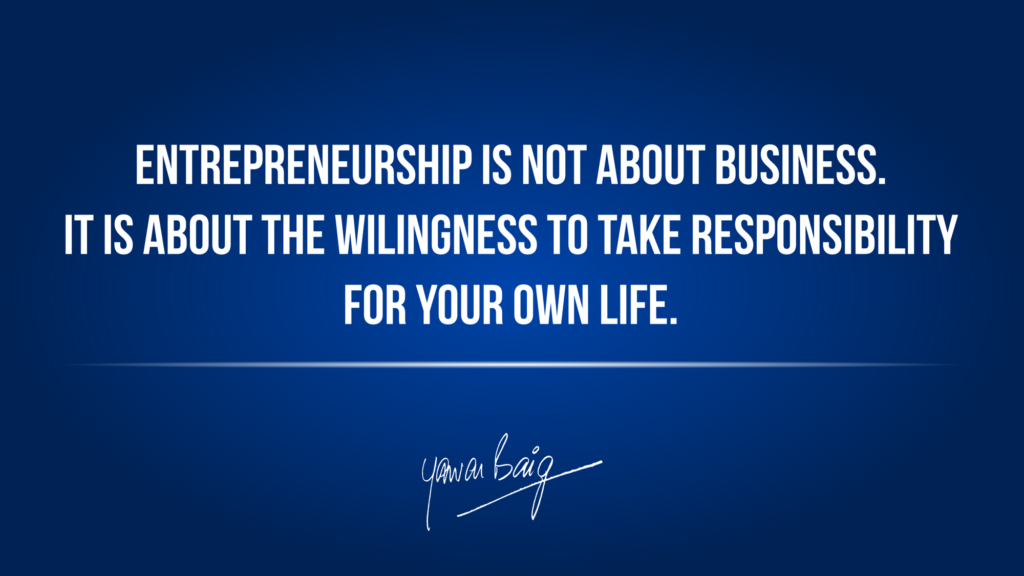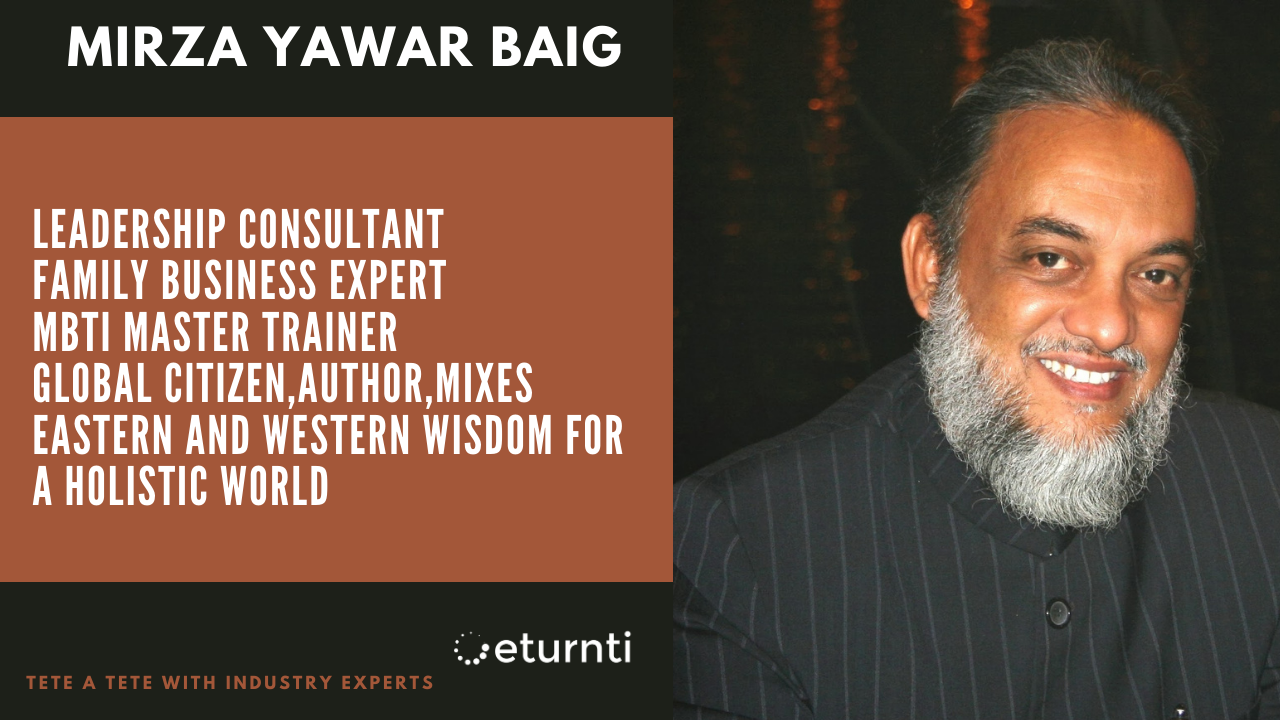I spent 16 years working in two major corporations. The first five years was in Guyana and rest was in India. During that time and thereafter to the present, now almost 40 years of working life, I have advised multinational corporations, family businesses, and individuals working in them. What I have written is real, hard earned life experience, some of it learned very painfully. I don’t regret any of it because what I learned about influencing people was worth the pain and more. I hope it will save you some pain.

Chief matter of concern from the perspective of the companies is employee retention and from the perspective of the individual it is career advancement. Should be a fairly simple exercise if you ask me, to match the two. People want good career opportunities and companies want good people to stay and know that career opportunities is what they need to provide, but that is not what happens most of the time. There is often, and far more often than not, a gap between talk and walk through which falls credibility. Trust which takes a lot of time and effort to build, gets destroyed at the drop of a hat. Here is my thought-share which I hope will help both employers and employees.
My first learning was that top managers are also human beings. True, their subordinates expect them to know everything, to be scrupulously fair and objective and free from personal anxieties and fears. They are none of these things. They are as full of anxiety, greed, fear, hope, and desire as anyone else. The good ones try to rise above themselves and to be as fair and objective as possible. They try to live their talk. They try to be transparent and honest in their dealings. They try to communicate their vision and to inspire others. But they are not omnipotent and must still be told about what you are doing and that too at regular intervals. They need appreciation from you as much or more than you need their encouragement. Some succeed to an extent. These we remember as the great leaders and bosses we had. Others are not as fortunate or don’t make the effort and we do not remember them with honor. They may say, “I trust you. Do whatever you see fit. I like to work with independent people.” But what they really mean is, “Do tell me first before you actually act, because if you crash, it is my neck on the block, not yours.” Either way it is best to assume the second and keep them informed.
Another key learning was that political skill in organizations is essential for survival and growth. I learnt that political skill does not necessarily mean that one must lie and cheat or compromise on one’s integrity. I learnt that being frank, open, and honest must be tempered with wisdom and social skill. It is essential to speak the truth. But one has the liberty to decide when, where, and how to speak out. It is wisdom to think a little about what one wants to say, how exactly to say it, and the ultimate result that one wants to achieve. As they say, ‘it is knowledge that a tomato is a fruit and wisdom not to put it in a fruit salad’. I learnt that it is not always necessary to take issue or respond to everything. I learnt that cynicism is detrimental to health and spirit. And success often hides in an unknown place behind disappointment. Disappointment is really our unwillingness to leave the safety of the known for the uncertainty of the unknown. But without it, there is no progress. I learnt that one’s sense of achievement and self-esteem is not rooted only in one’s work or employment. One can find self-fulfillment in areas outside one’s formal employment. I found the joy of writing and reading, but primarily writing. For writing opens the possibility of communication across boundaries of geography and time. I learnt that in the corporate world, and indeed in all of life, one does not always get what one deserves – one gets what one negotiates for. So, it is essential to have a clear goal, a roadmap to get there, and a strategy to take you through that road. I learnt that if one even makes a little effort in this direction, then one will win, because far too many people are simply sitting and waiting for ‘good luck’ to happen to them. Good luck, I learnt is where opportunity meets preparation. When one is not prepared, then all opportunities are ‘difficulties’ and can’t be leveraged.
I learnt the importance of other people in corporate life. I learnt that all our ambition is really rooted in our ability to inspire others to pull in the same direction as us. And that this is a matter of trust. How much do people believe that they will win and achieve their own goals if they follow your lead? For in the end, people work for themselves, not for others. They work for others who appear to be enablers to help them achieve their own goals. I don’t mean to sound cynical. This is the reality as I have experienced it and something that shows us what we need to do to influence others. Show them how they can win by working with you and you will have all the followers you need. The key acronym is WiiFM – What’s in it for Me. Assume that everyone wants to know that. You can bet your last buck that they do. Even if they don’t it doesn’t hurt to let them know how they can achieve their personal goals by following you. For that it is essential to know people who work with you. Communicate. Communicate. Communicate. Remember that relationships must be built when you don’t really need them. That is how you have them when you do. Though I am speaking from the perspective of how this will help you, there is no substitute for sincerity and genuineness. Without that you will do more damage than good to yourself. People don’t like being used. Relationships are like bank accounts. You make deposits when you don’t need the money so that is it there when you need to draw it out. No deposits, no withdrawals. Build genuine friendships and help people and at least some will remember what you did, when you need their support. You must know your people and be their friend. How else will you know what will motivate them? Motivation is like shoe size. What fits one, bites another. There is no one size fits all. Leave that to slogan generating politicians. That’s why nobody trusts them. Words must be followed up with action and results or your own words will shoot you down.
I learnt that sometimes doing a great job is not enough. Who knows that you did a great job and that YOU did that job? In the corporate world, you can’t really shout that from the rooftops. But especially if key people don’t know about your contribution, either it will get ignored or someone else will steal your thunder. That latter happens more than you may imagine, and many times by your own boss. The best way to ensure that you get noticed and get the credit is to document your process and results. Writing reports may be tedious, but it is the best guarantee that you can’t be ignored. If your company has an internal magazine, make sure you contribute to it regularly. Magazine editors are always starved for articles. Make sure that yours is well fed. If your company has no internal magazine, offer to start one. Start small. Keep it free of politics. Have a section to share success stories and lessons learned. And contribute. Humans die. Writings live on. The Republic, a Socratic dialogue, authored by Plato around 375 BCE, concerning justice, the order and character of the just city-state, and the just man, is still read today.
Another of my learnings is about the importance of being politically adept to survive and progress in organizations. I can’t say that I was and that was painful but makes it so much more important. Another is about the price one pays for competence and excelling others. It is a sad reality that most organizations do their best to demotivate employees. They take a lot of time and trouble to hire good people. They spend a fortune on training and equipping them. Then they proceed to do their best to ensure that their people don’t perform and are usually very surprised when they succeed in their efforts. Then they hire trainers and motivational speakers to re-motivate their people. I often say to the top management of companies, ‘There is no need for any motivational training. Just stop demotivating people and they will automatically motivate themselves.’ People don’t wake up every morning and tell themselves, ‘Today I am going to do the worst job that I can do.’ They wake up every morning and unconsciously perhaps, decide to do the best they can, be the happiest they have ever been, and be as friendly and productive as they can be. But then they go into an environment that rewards unproductive and dysfunctional behavior. An environment that promotes destructive individual competition while talking about teamwork. An environment that encourages corruption and lies while talking about integrity. An environment that rewards sycophancy while talking about promotion based on merit alone. People learn fast. And then you start seeing more and more of the behavior that is rewarded. But also, in all such environments there will always be those who refuse to conform to the unspoken norms. Such people eventually leave, and the organization becomes the repository of all that is mediocre and futile.
I learnt these lessons the hard way. I gave my best, believed those who told me that I would be promoted based on my output and results and that the fact that I was the youngest manager would not be held against me. I was not sensitive to the fact that my own excelling was showing up others who had not been able to get the same results, in a bad light. I naively believed that my superiors would appreciate my efforts and stick to their word that all promotions would be strictly on merit, as they had assured me. I was working very hard and putting more money in their pockets. I worked day and night, put my life on the line at times, risked physical harm, received death threats from the unions but stuck to my guns. In the end, we got the results we wanted and more. Then came time for promotion. And to my great surprise, I was superseded. When I asked my boss, he told me, ‘But he is your senior.’ I reminded him of his own words when I had asked him what would happen at the time of promotion if I managed to get the results we wanted. He suddenly had an attack of amnesia. The message to me was clear. It was time to make tracks. I did and never regretted that decision. It opened doors for me which could never happen in corporate employment. Leaving a job that I loved was painful. But it was the best thing that happened to me. Sometimes adversity is the best asset. My career as an entrepreneur began there.

I learnt that I am responsible for my results. I have the power to decide what I want to do with my career. Nobody can make or break my career unless I help them to do so. I have the choice to help them to do either. I learnt that it is not necessary to break relationships to assert your own rights and that people respect you more if you stand for the right things, even if in doing so, you have to go against them. I learnt that the way to do this is to show that you are not opposing them, but that you are asserting something that is legitimately your right. And that this conflict apart, in which you are on the opposite side of the table, you are willing and able to help them in all other things. This ensures that the conflict never degenerates into a personality clash and the issue, and the people involved remain separate. I learnt that when one is faced with unreasonable behavior, the stronger person is the one more in control of himself. That the one who can control his anger is stronger than the one who loses his temper. I learnt in the end that the strongest is the one who can forgive the wrongs that have been done to him for that truly takes courage and character. Remember the lesson but forgive the person. After all he is your teacher. As they say, most people can stand adversity. If you want to test a man’s character, give him power. In the end I hope that when I am judged, I will not be found wanting and that in the balance, my shortcomings will be outweighed by my contribution to the lives of others.

Thank you so much Sheikh!
Couldn’t agree more with every single word in this article, dear Ustadh…